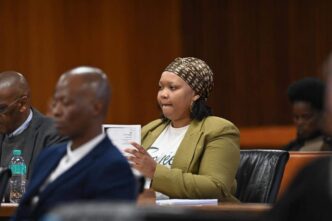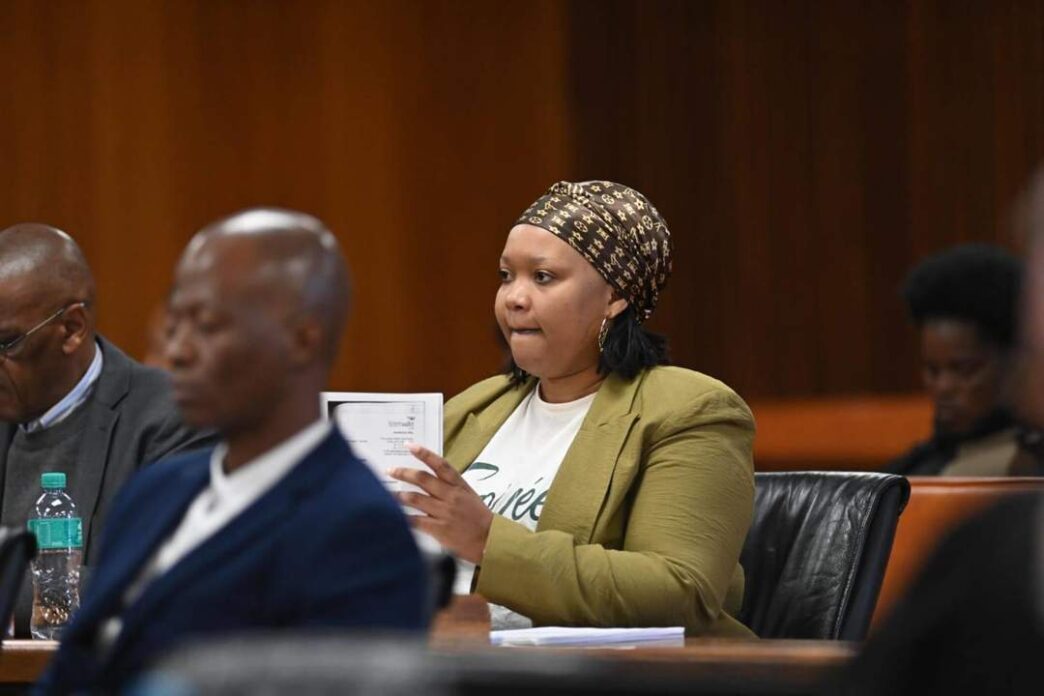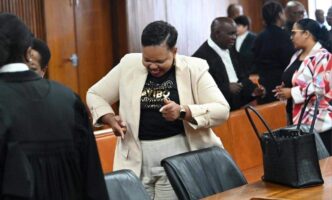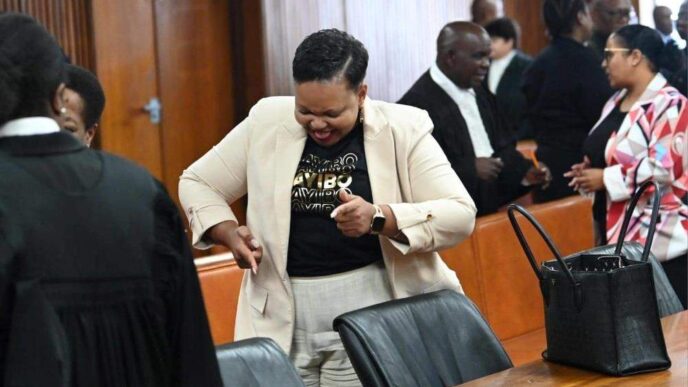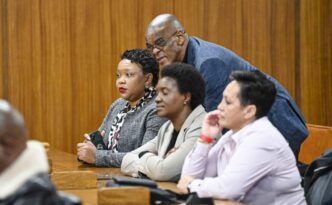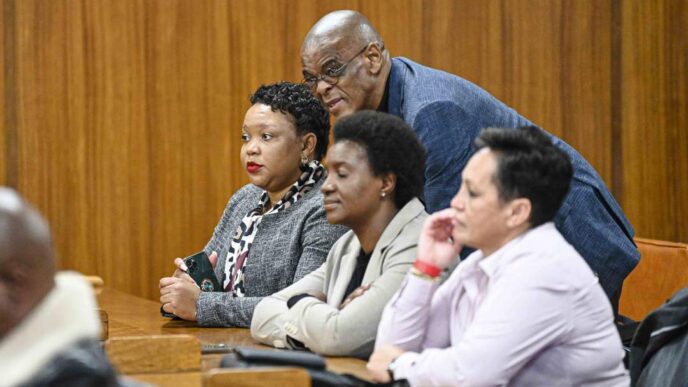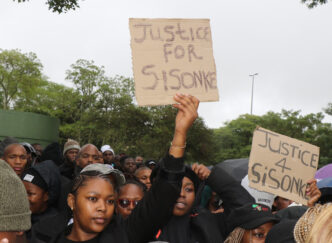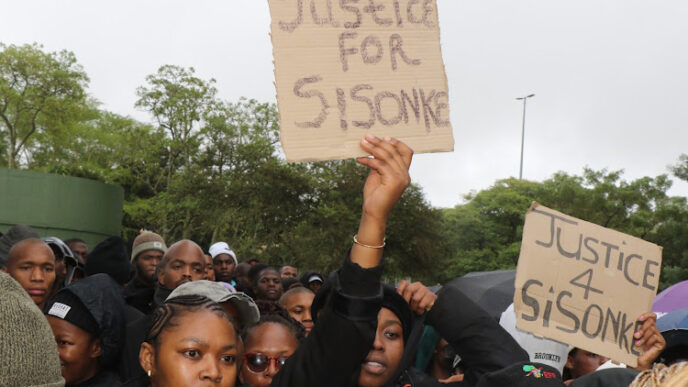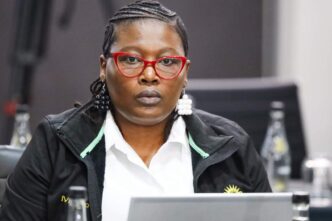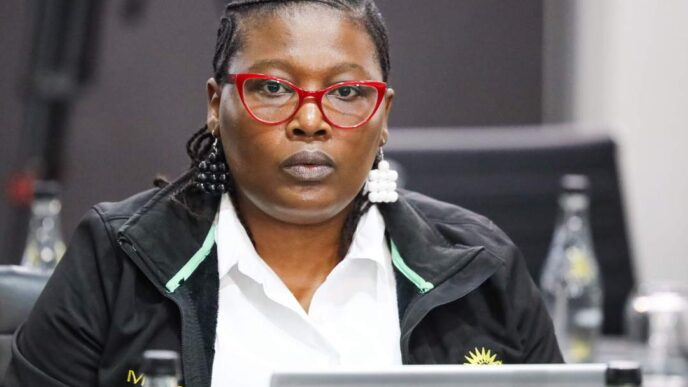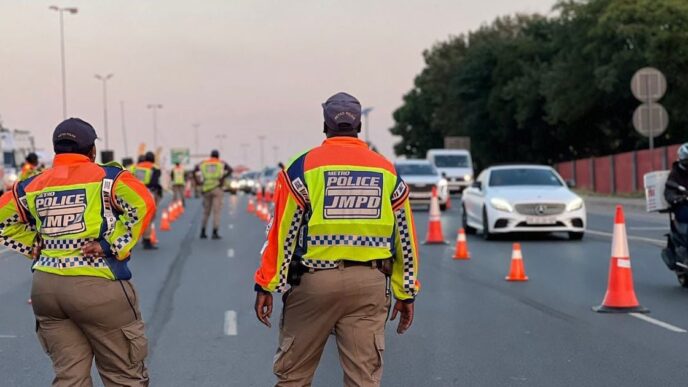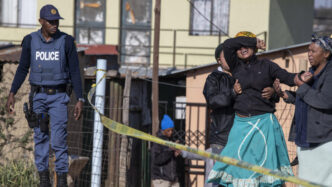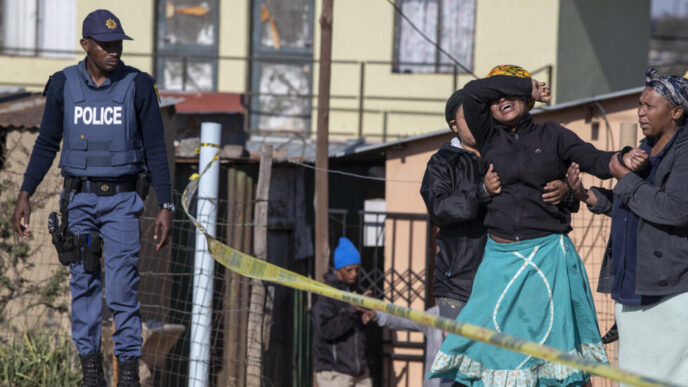South Africa’s National Prosecuting Authority (NPA) has suffered a significant legal setback after the Free State High Court ruled that the extradition of Moroadi Cholota , former personal assistant to embattled ANC leader Ace Magashule , was unlawful due to procedural flaws. The ruling, delivered on June 3, 2025 , has sparked renewed criticism of the NPA’s handling of high-profile cases and raised questions about judicial oversight in extradition processes.
Cholota, who faces corruption and fraud charges linked to Magashule’s alleged graft network, had previously challenged her extradition from the United States, arguing that key legal formalities were overlooked. The court agreed, declaring the process invalid and ordering a review of the case’s foundation. This development has prompted fears of further delays in prosecuting Magashule’s inner circle, who are embroiled in a broader state capture scandal.
Judicial Criticism and NPA Response
The court’s decision emphasized the importance of strict adherence to extradition protocols, noting that the NPA failed to properly cite all involved parties during the extradition application. Legal analysts warn that the ruling could set a precedent for similar challenges, potentially undermining other international legal proceedings. “This is a blow to the NPA’s credibility,” said a Pretoria-based legal expert. “Prosecutors must ensure procedural rigor, especially in politically sensitive cases”.
The NPA has rejected claims of systemic negligence, asserting that the ruling reflects minor technical oversights rather than a failure of justice. However, critics argue the case highlights recurring inefficiencies in South Africa’s legal institutions, which have faced scrutiny over delayed prosecutions and inconsistent enforcement.
Political and Public Fallout
The ruling has reignited political tensions, with opposition parties accusing the NPA of mismanaging the Magashule-linked cases. The Democratic Alliance (DA) condemned the outcome, stating, “This is yet another example of the NPA’s inability to hold powerful figures accountable” [[fictionalized quote for illustrative purposes]]. Meanwhile, civil society groups have called for independent oversight to prevent procedural lapses in future extraditions.
Public reaction has been mixed, with some expressing frustration over perceived leniency toward political elites, while others support Cholota’s challenge as a necessary check on prosecutorial power. Social media users debated the implications, with one commenter writing, “If the rules aren’t followed, even the guilty go free. That’s how justice works”.
Broader Implications for South Africa’s Legal System
The case underscores the fragility of South Africa’s judicial processes amid ongoing battles over accountability and transparency. With Magashule himself awaiting trial on corruption charges, the NPA’s ability to navigate legal complexities will be critical to maintaining public trust. As the court prepares to deliver its final ruling on Cholota’s special plea, the outcome could reshape how extradition cases are pursued—a test of the judiciary’s commitment to due process over expediency.
For now, the NPA’s reputation hangs in the balance, with this ruling serving as a stark reminder that even the pursuit of justice must adhere to the rule of law.
